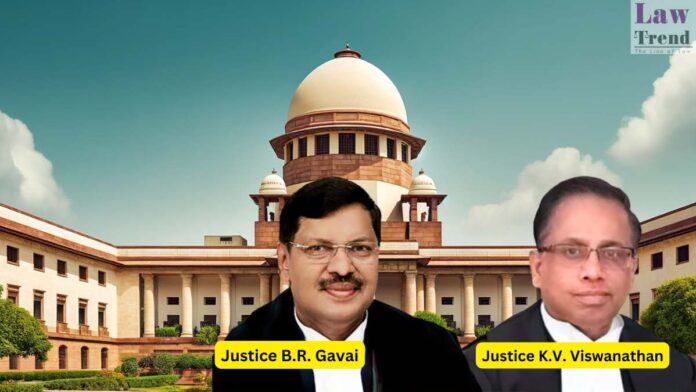In a landmark judgment underscoring the principles of justice and fairness, the Supreme Court of India, in the case of Girish Gandhi vs. The State of Uttar Pradesh & Ors. (Writ Petition (Criminal) No. 149 of 2024), has ruled that excessive bail conditions can effectively negate the very right to bail, which is constitutionally protected
To Read More Please Subscribe to VIP Membership for Unlimited Access to All the Articles, Download Available Copies of Judgments/Order, Acess to Central/State Bare Acts, Advertisement Free Content, Access to More than 4000 Legal Drafts( Readymade Editable Formats of Suits, Petitions, Writs, Legal Notices, Divorce Petitions, 138 Notices, Bail Applications etc.) in Hindi and English.




